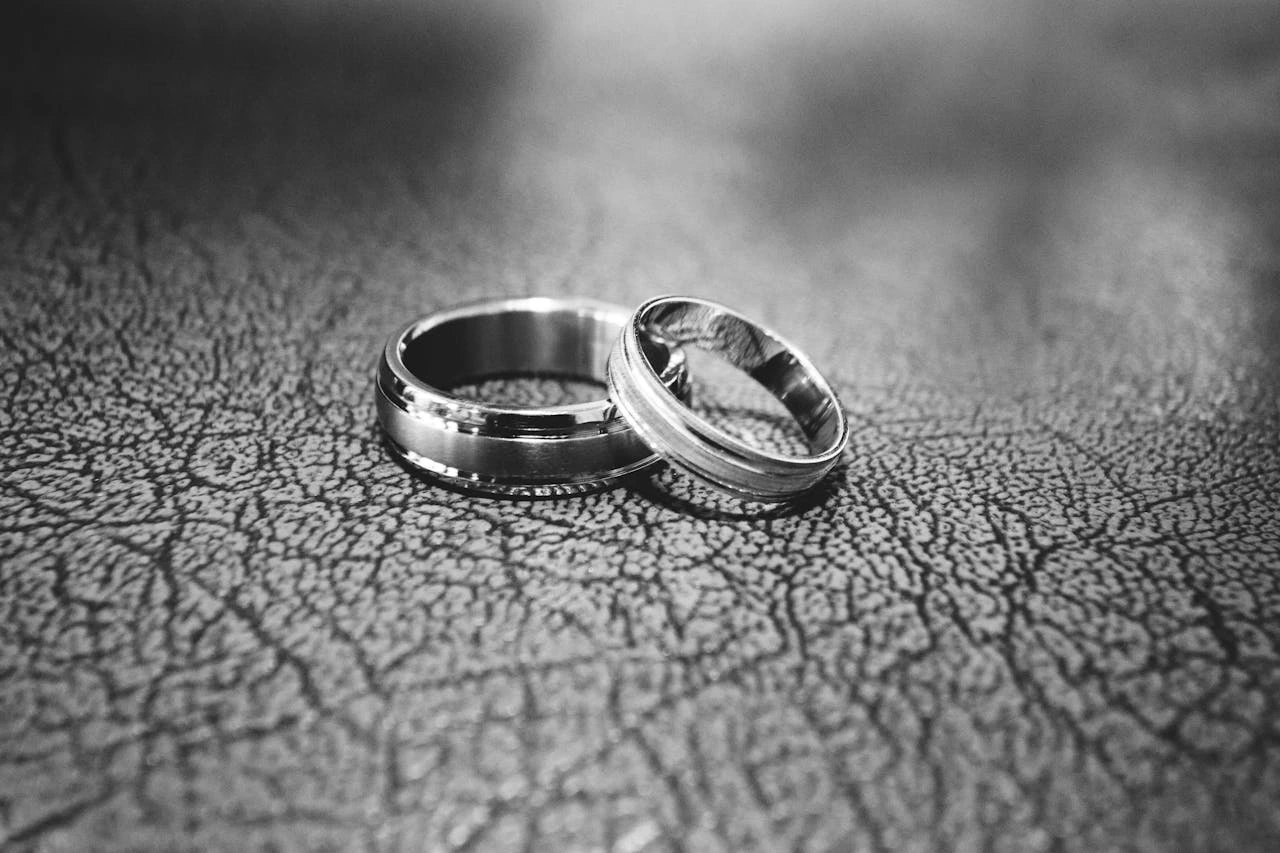
ŌURA, the maker of the Oura Ring, announced findings from a new sleep accuracy study published in the peer-reviewed journal Sensors and presented at Sleep Europe 2024. Conducted by researchers at Brigham and Women’s Hospital, the study evaluated the sleep-staging algorithms of three consumer wearables—Oura Ring, Fitbit Sense, and Apple Watch—against the gold standard of polysomnography. The results showed that Oura Ring is the most accurate device for classifying four stages of sleep.
Dr. Rebecca Robbins, the study’s lead author and a sleep scientist at Brigham and Women’s Hospital, noted, “While polysomnography remains the gold standard, wearable technology offers a more natural and scalable solution for continuous sleep measurement.” She emphasized the importance of accuracy for consumers using sleep trackers to identify patterns and address sleep issues.
Utilizing advanced machine learning and a large dataset of wearable sleep data, ŌURA’s research team developed a new algorithm that achieved 79% agreement with polysomnography in four-stage classification. In comparison, polysomnography achieves an 83% agreement rate, highlighting the robust performance of the Oura Ring.
Shyamal Patel, ŌURA’s senior vice president of science, stated, “Scientific validation and accuracy are at the core of everything we do at ŌURA.” He praised the study as a testament to the company’s decade-long commitment to enhancing tracking capabilities.
The study involved 35 participants who wore an Oura Ring, Apple Watch, and Fitbit Sense while monitored with polysomnography. Key findings included:
- Oura Ring was 5% more accurate than Apple Watch and 10% more accurate than Fitbit in four-stage sleep classification.
- Oura Ring had the highest sensitivity for wake detection at 68.6%, compared to 67.7% for Fitbit and 52.4% for Apple Watch.
- Oura Ring showed the highest sensitivity for deep sleep detection at 79.5%.
- Unlike other devices, Oura Ring did not significantly underestimate or overestimate any sleep stage, while Apple Watch overestimated light sleep by 45 minutes and deep sleep by 43 minutes.
Raphael Vallat, a sleep scientist at ŌURA, noted that Oura Ring’s reliability in estimating time spent in each sleep stage is crucial for users aiming to improve their overall well-being.
The study included participants aged 20 to 50, representing various races and ethnicities, all of whom were healthy with no known sleep disorders. Notably, Fitbit failed to record data for two participants, while Apple Watch had issues with six.
This research was funded by ŌURA and independently conducted by Brigham and Women’s Hospital.
About ŌURA
ŌURA is dedicated to personal health insights through the Oura Ring, a leading smart ring promoting a preventative health approach. The ring offers comprehensive monitoring of over 50 health metrics, making it a valuable tool for wellness and recovery. Founded in 2013 in Finland, ŌURA operates globally with offices in multiple cities.




